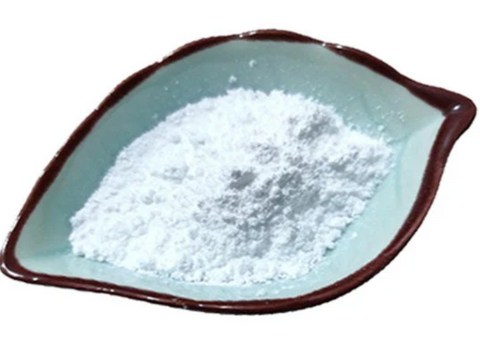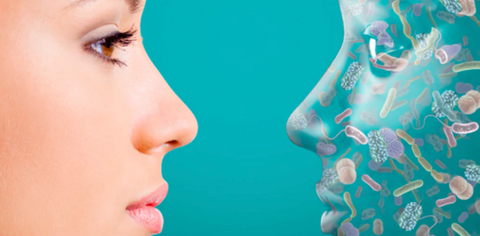News

Nicotinamide, also known as niacinamide, is a derivative of vitamin B3 that has gained recognition for its ability to address skin concerns effectively. While topical nicotinamide is widely used, research on oral nicotinamide reveals significant potential for treating acne and preventing skin cancer. Here's an in-depth look at the science and its applications.

Five Key Benefits of Using a Probiotic Cleanser: A Research-Based Perspective The skincare industry has...

As skincare research advances, interest has grown in combining probiotic and glycolic acid cleansers to address a range of skin concerns, from acne and hyperpigmentation to aging and inflammation. Probiotic cleansers support the skin’s microbiome, helping to strengthen its natural defenses and maintain a balanced barrier. In contrast, glycolic acid, an alpha-hydroxy acid (AHA), promotes exfoliation, skin renewal, and collagen production. Together, these cleansers offer a promising approach to enhancing skin health and appearance. This article reviews recent studies on the individual and combined effects of probiotic and glycolic acid cleansers, exploring their potential benefits and clinical applications in dermatology.

Skin cancer remains a significant global health challenge, particularly in regions with high ultraviolet (UV) exposure. While traditional methods of protection, such as sunscreen, have proven effective, recent research has focused on supplements that may enhance skin defenses from within. Among these, nicotinamide (a form of vitamin B3) has shown promising results in reducing skin cancer incidence. This article delves into the 2015 study published in The New England Journal of Medicine that highlighted nicotinamide’s efficacy in skin cancer prevention and discusses its role as a novel supplement in enhancing skin resilience against UV radiation.

Sun supplements are designed to protect skin from UV damage and other environmental stressors using key ingredients like nicotinamide (Vitamin B3) and Polypodium Leucotomos.
Nicotinamide: Enhances DNA repair, boosts the skin’s immune response, and reduces the risk of non-melanoma skin cancers.
Polypodium Leucotomos: Provides potent antioxidant properties, reduces oxidative stress, and helps maintain skin’s structural integrity.
